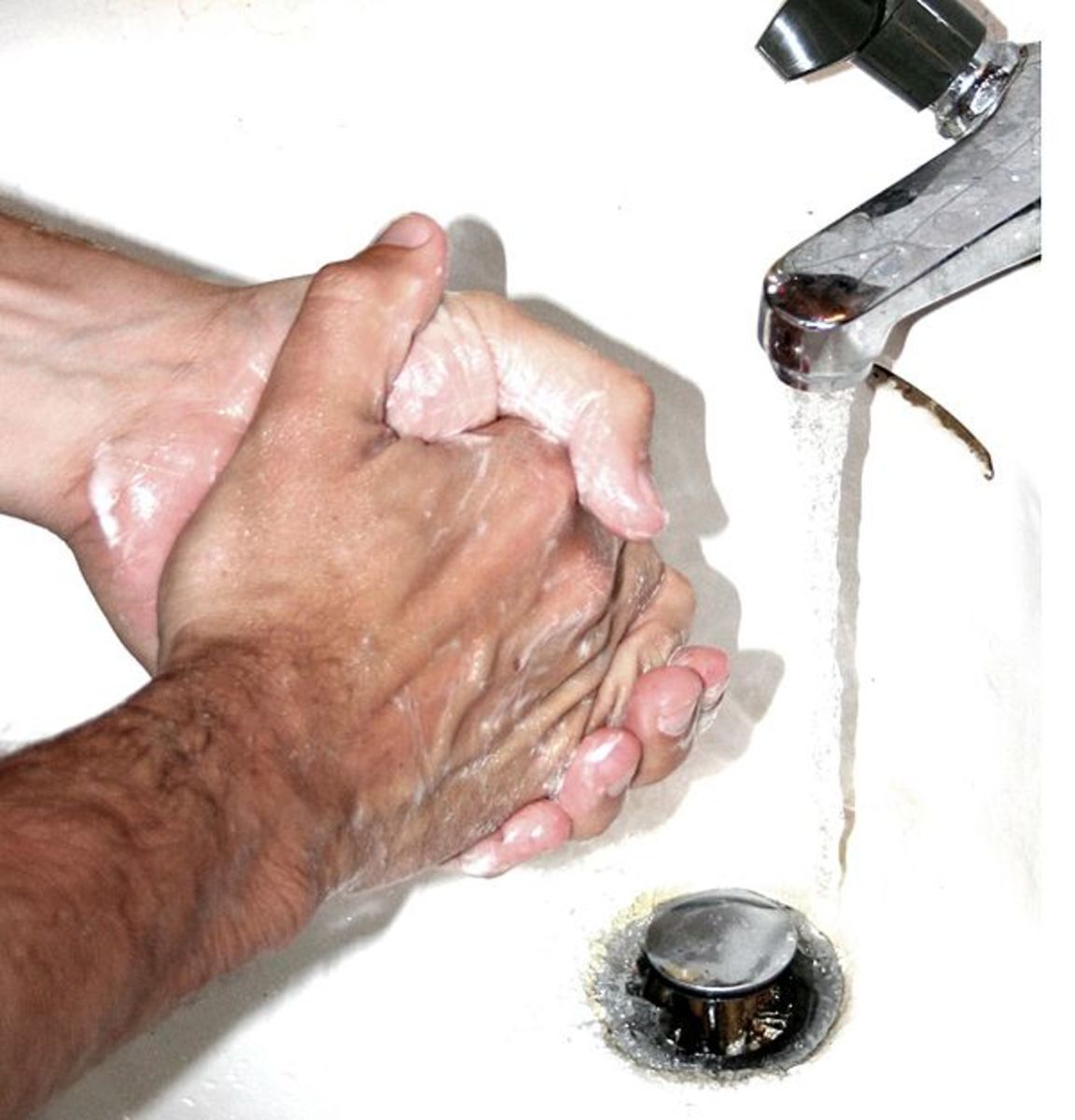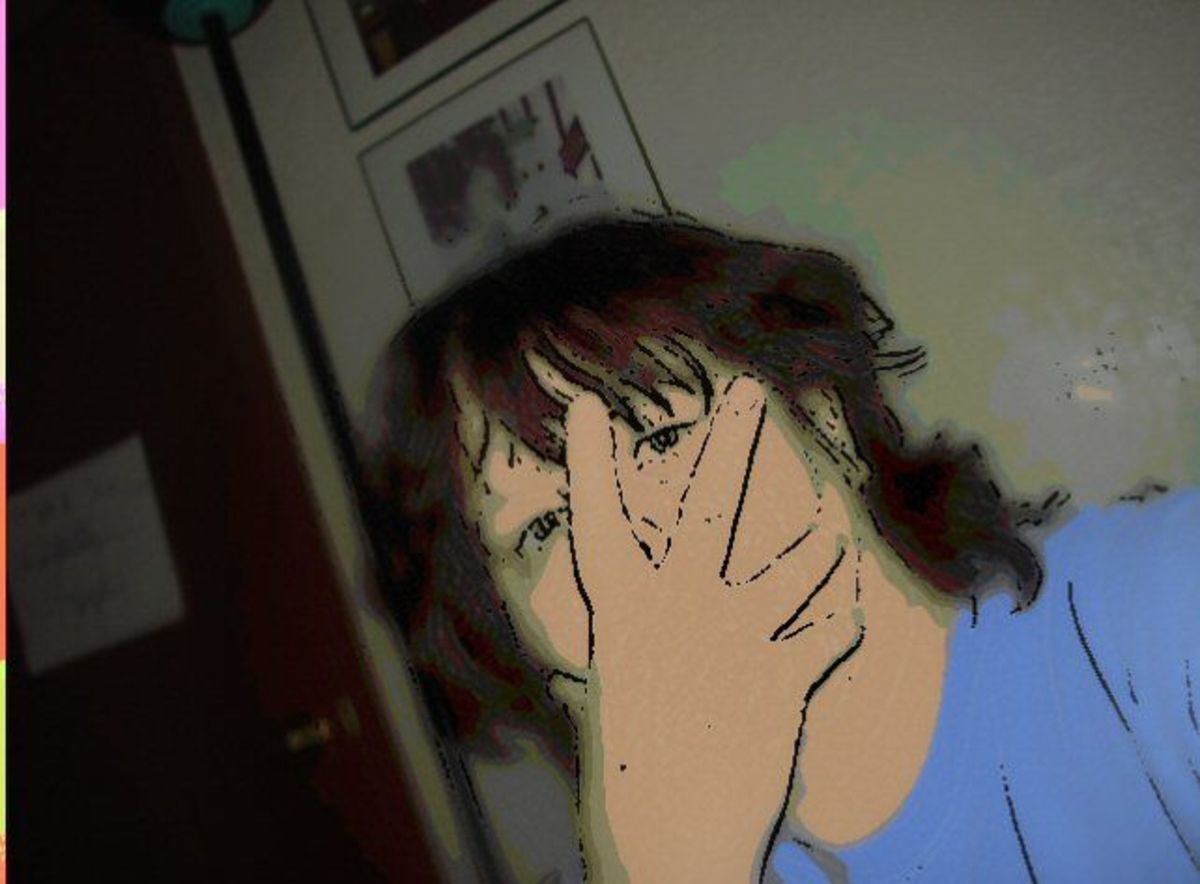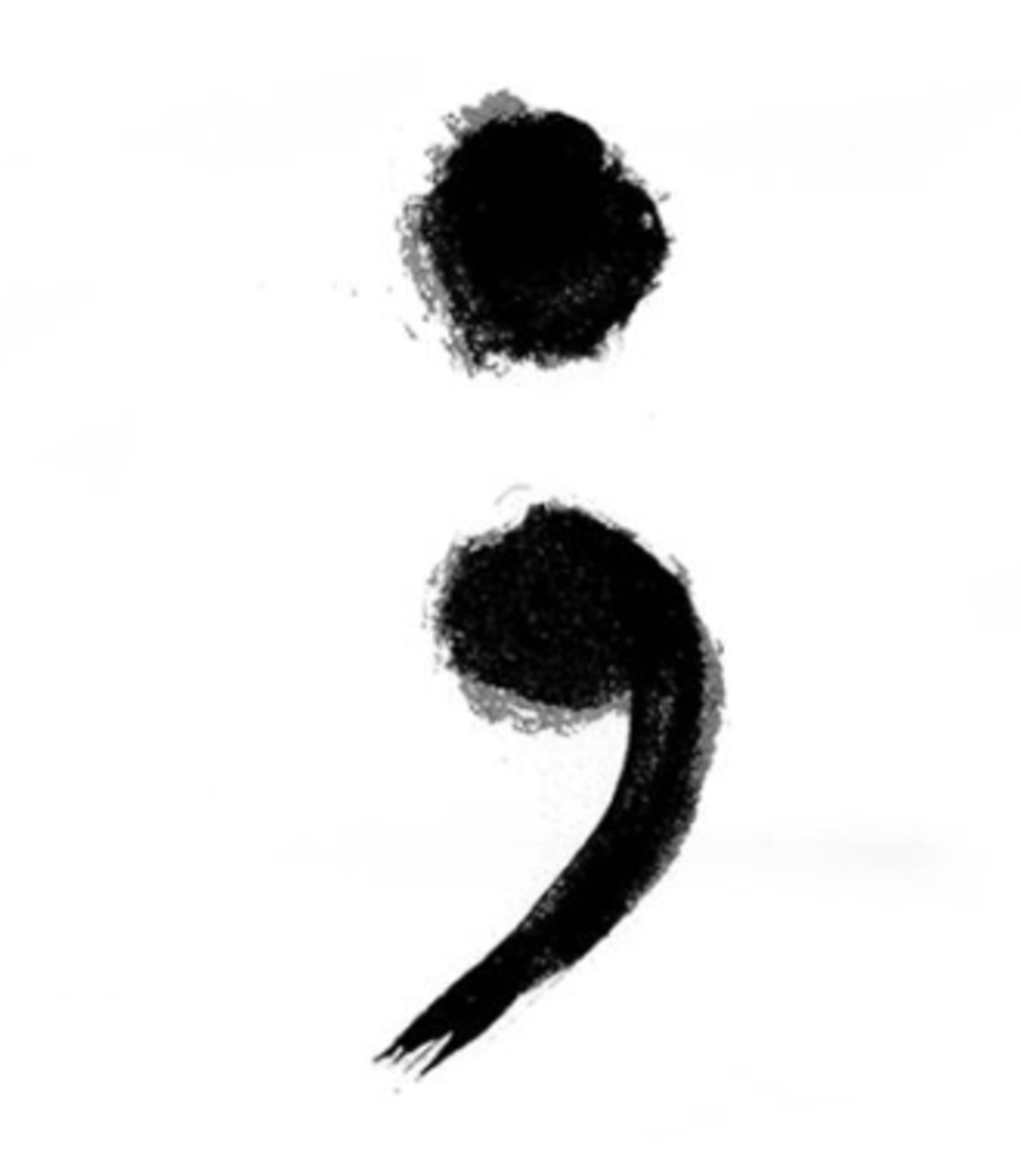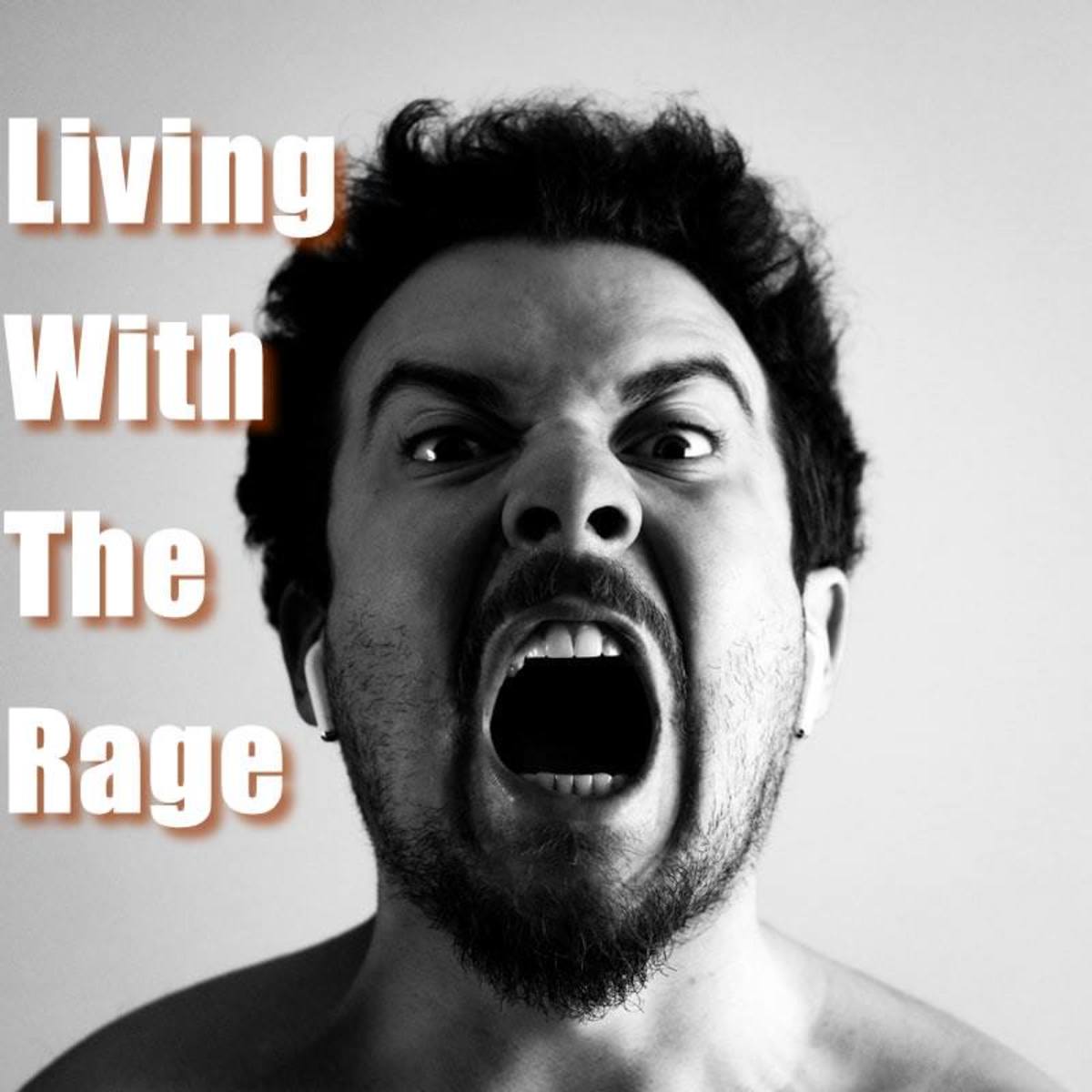Coping With Stigma
Life is not what it’s supposed to be. It’s what it is. The way you cope with it is what makes the difference.
˜˜Virginia Satir˜˜
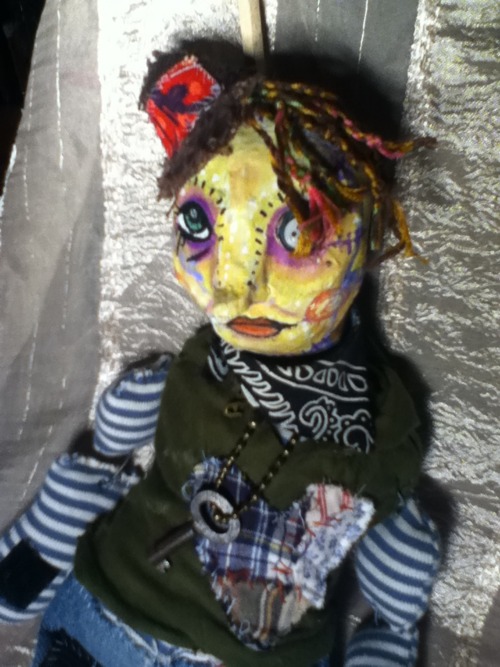
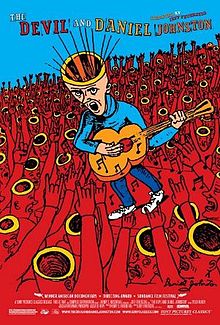
Recovery is a Verb
Adelaide Windsome is a multi media artist better known by her stage name, Geppetta. She has bipolar disorder which is characterized by mood swings from severely depressed to intensely manic. Adelaide designs puppets and performs puppet shows. She sings and plays the ukulele. She is a writer and storyteller. Her skills as an artist help her express feelings and ideas that are complex and difficult to express verbally. Adelaide considers self expression an important aspect of her recovery.
Adelaide describes herself as having a pension for social activism and transfeminist sensibilities. She actively advocates for social justice and mental health issues that impact lesbian, gay and transgender populations. She facilitates educational workshops at various colleges and universities on art and social issues.
The Devil and Daniel Johnston
Daniel Johnston is a singer, songwriter and artist featured in the documentary film, “The Devil and Daniel Johnston.” The film captures Daniel’s struggles with artistic genius and “madness” as he slips in and out of episodes of bipolar disorder with delusions of grandeur.
As an adolescent, Daniel was isolative and spent many hours in the basement recording his thoughts and stories onto audio and video tapes and creating comic book style drawings; some depicting his own experience of “losing his mind.” He had a fundamentalist Christian background and became religiously pre-occupied and obsessed with the devil and Satan when he was ill.
In the early 80s, Daniel recorded folk songs on home made cassette tapes and walked around Austin, Texas passing them out to music fans. He became a minor celebrity following an MTV segment that featured his music, but his manic symptoms were disruptive to his career. He has produced ten full length albums and has some celebrity supporters to include Kurt Cobain, Nirvana lead singer, who often wore T-shirts featuring Daniel’s art work. Daniel has focused more recently on his visual art and has gained international recognition for his sketches.
OC87: The Obsessive Compulsive, Major Depression, Bipolar, Aspergers Movie
In the 1980s Bud Clayman was studying for a career in journalism and film at Temple University. Shortly after he graduated he began to suffer bouts of severe depression. He was later diagnosed with OCD (obsessive compulsive disorder) and then with Aspergers, a mild form of autism. In spite of many hospitalizations and long periods of unemployment, he continued to pursue his career in film making.
In the movie, Bud shares his obsessive thought processes with viewers, giving viewers the experience of “riding along in his head.” The core problem with OCD, explains his psychologist, is the demand for absolute certainty. Having Aspergers makes it difficult for Bud to read social cues that most of us are able to pick up from gestures and facial expressions. His psychologist compares that to being in a foreign country and not knowing the language or the customs there. With OCD and Aspergers combined, Bud finds himself obsessing over whether he responded appropriately. Bud describes the symptoms as scary and irritating.
One of the objectives of the film is to reduce the stigma of mental illness by sharing more about it. Part of Bud’s personal recovery involves increasing his interactions with others, which was decreased due to teasing and rejection by others. Film making involves interacting with others, and making the film has helped him let people in again. Bud recognizes that his recovery requires a lot of time and a great deal of effort. He says, “You gotta take your meds, go to therapy, learn some discipline, and stick to it.”
Wretches & Jabberers
In Wretches & Jabberers, two men with autism travel to Japan and Finland on a quest to change attitudes about disability and intelligence. While growing up, the two men, Larry Bissonette and Tracy Thresher, were presumed “retarded” and were excluded from normal schooling. With limited speech their futures would be in mental institutions or in adult disability centers. Their lives changed dramatically when they learned to communicate by typing. The purpose of their travel was to show that it is possible for others with autism to communicate as well.
Larry learned to communicate through typing, and began to combine words with his art to express his thoughts and ideas. He lives in Vermont and works as an advocate and an artist. In his documentary film, “My Classic Life as an Artist: A Portrait of Larry Bissonette,” he describes his years living in an institution. “It’s better for growing vegetables than people,” he says. Larry’s art work has been exhibited locally and nationally, and he has been a featured presenter at many educational conferences on autism, communication and art.
Tracy also lives in Vermont and is an advocate for people with disabilities. He was one of the first individuals with autism to learn to use typing to communicate. He mentors teens and adults, presents at workshops and trainings, and consults with schools.
Tracy describes his experience of traveling for the film as a light at the end of a very long, dark tunnel. The experience of planning the trips helped him learn to look forward to the future instead of backward to the past. He describes his mentoring experiences as another way to look forward. While he wishes he had had a mentor when he was in school, he sees his students as the future of communication that will carry on the legacy of everyone’s right to have a voice. He has found his life purpose in teaching and mentoring.
Larry's Artwork
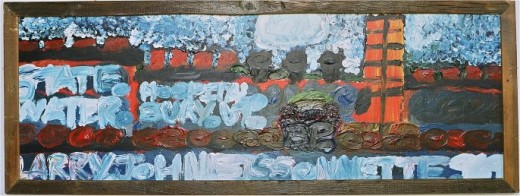

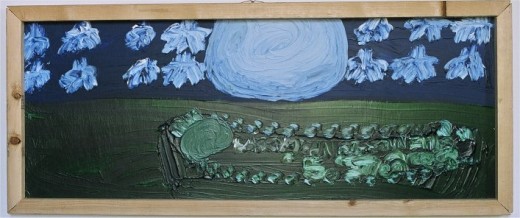
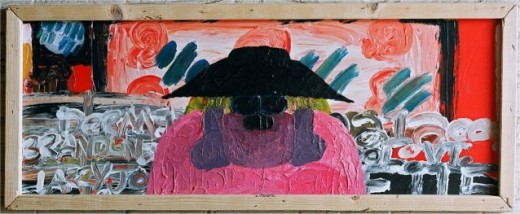
John Cadigan
- John Cadigan
John Cadigan has schizophrenia. He produced the HBO/Cinemax documentary, "People Say I'm Crazy" in order to show what it is like to live with schizophrenia and that it is possible to thrive with schizophrenia. His artwork is exhibited in museums.

Depression and Bipolar Support Alliance (DBSA)
The Depression and Bipolar Support Alliance (DBSA) is a patient directed organization that offers support for people with mood disorders such as depression and bipolar disorder. The web site includes tools and information to help understand more about mood disorders and how to manage mood disorders, as well as how to find a local support group.
- Depression and Bipolar Support Alliance: Improving the Lives of People Living with Mood Disorders
SHARE YOUR STORY; EMPOWER YOUR PEERS: Share your story-- written or video--and help inspire and encourage your peers.







